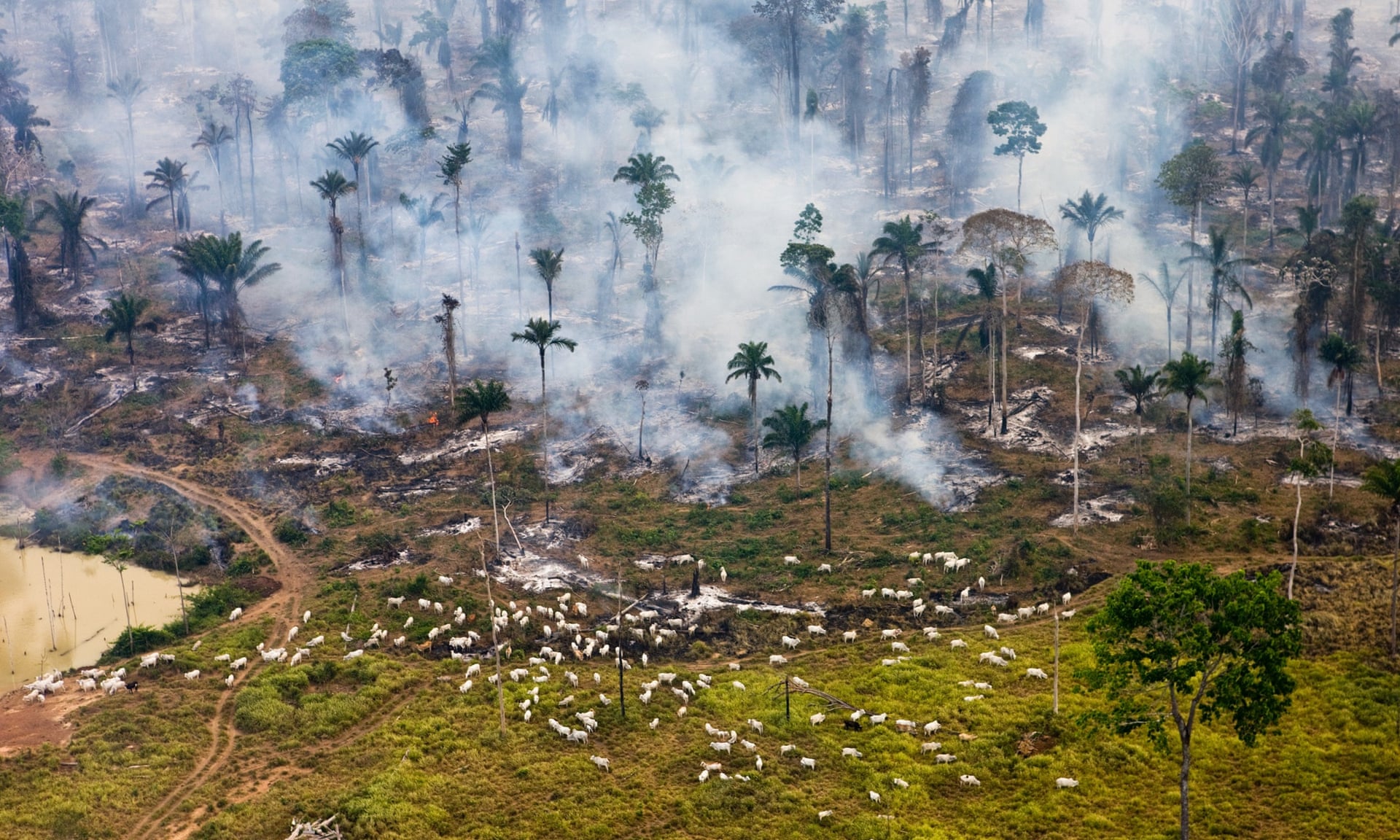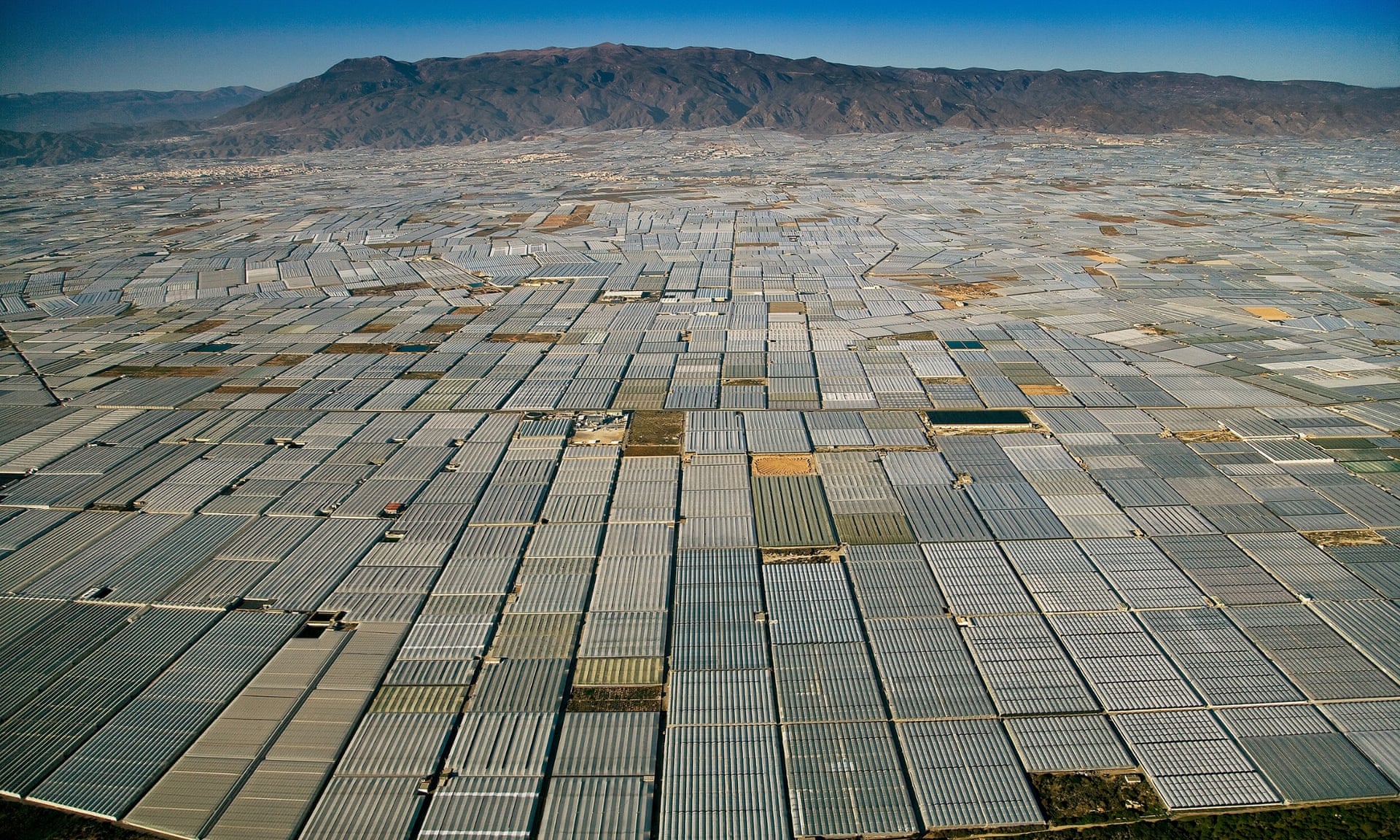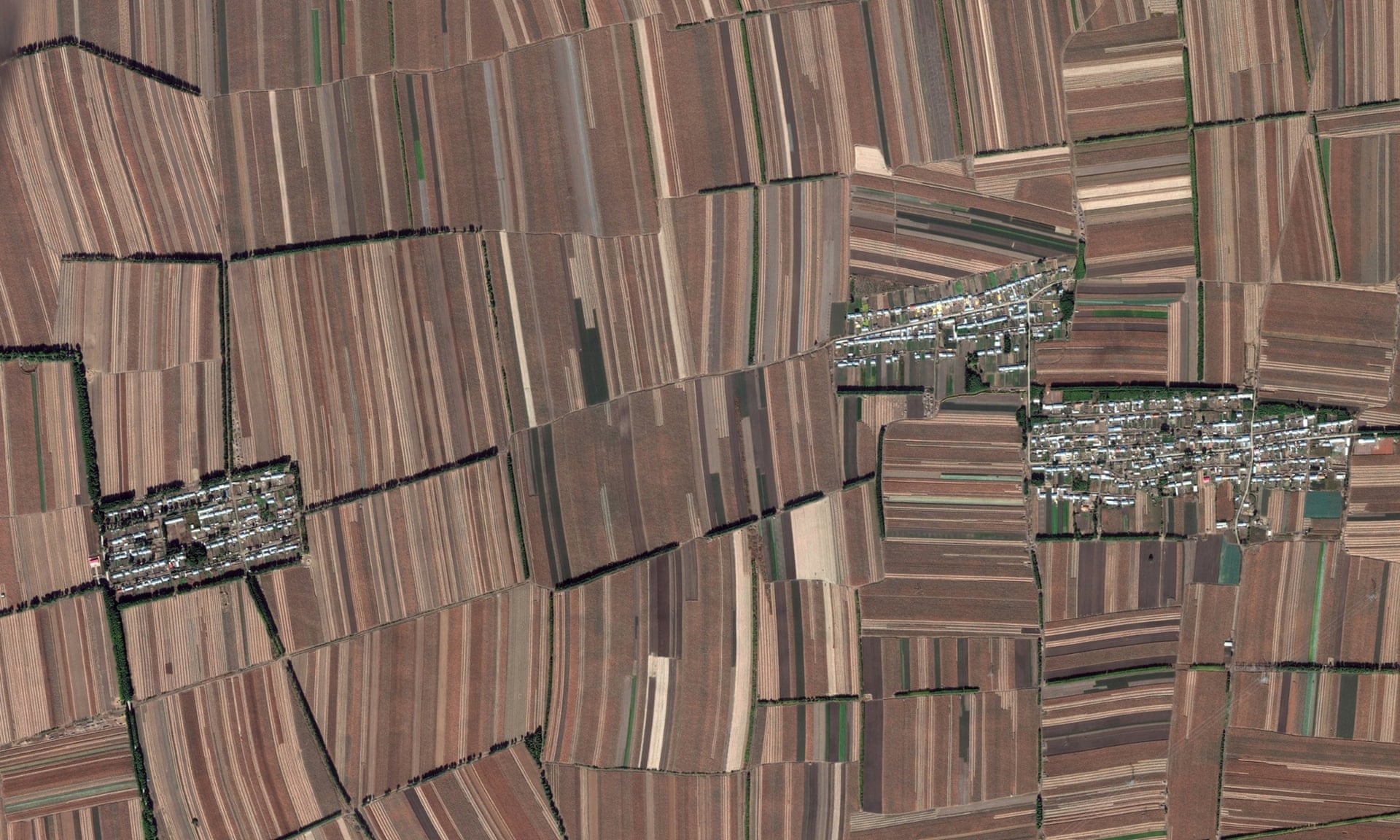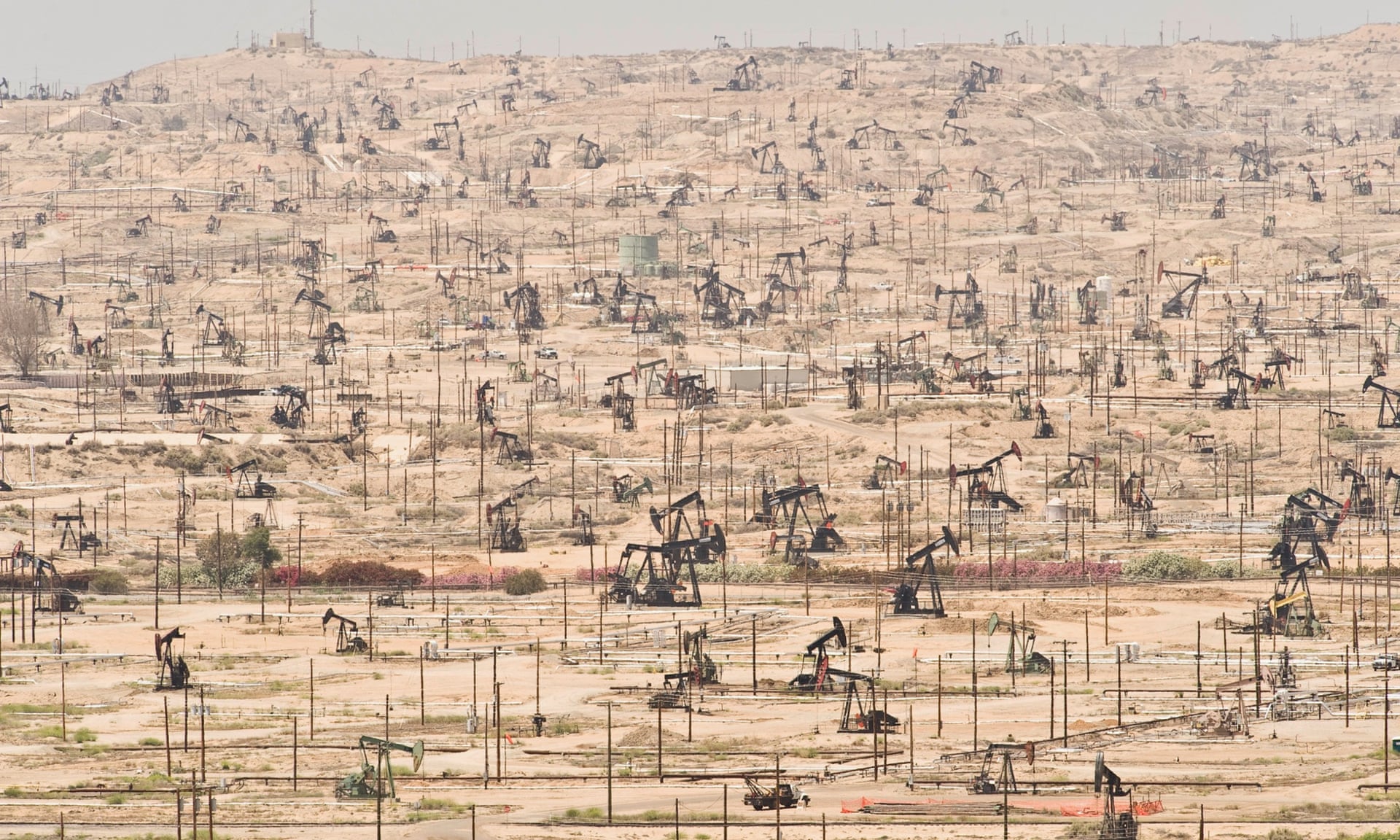.
![]()
Jammu. Kashmir, India. A girl dressed as Hindu Goddess Durga searches for coins in the polluted water of the river Tawi during Navratri, a Hindu festival: photo by Jaipal Singh/EPA via The Guardian, 29 March 2015
I got me flowers to straw thy way;
I got me boughs off many a tree:
But thou wast up by break of day,
And brought’st thy sweets along with thee.
The Sunne arising in the East,
Though he give light, & th’ East perfume;
If they should offer to contest
With thy arising, they presume.
Can there be any day but this,
Though many sunnes to shine endeavour?
We count three hundred, but we misse:
There is but one, and that one ever.
![]()
An Indian child searches for coins under the polluted waters of the river Tawi on the last day of Navratri, a Hindu festival in Jammu: photo by Jaipal Singh/EPA, 28 March 2015 via the Guardian, 5 April 2015
![]()
Allahabad, India. On Ashtami, the eighth day of the Hindu festival of Navratri, a young girl takes photos of her relatives on the banks of the river Ganges: photo by Rajesh Kumar Singh/AP via the Guardian 27 March 2015
![]()
Manila, Philippines. Children walking beside a river filled with rubbish in the capital: photo by Noel Celis/AFP via The Guardian, 27 January 2015
![]()
Cows and smoke. Ground zero in the war on nature –- cattle graze among the burning Amazon jungle in Brazil: photo by Daniel Beltra via The Guardian, 1 April 2015
![]()
Greenhouses grow greenhouses. As far as the eye can see, greenhouses cover the landscape in Almeria, Spain: photo by Yann Arthus Bertrand via The Guardian, 1 April 2015
![]()
British Columbia clear-cut.Sometimes called the Brazil of the North, Canada has not been kind to its native forests as seen by clear-cut logging on Vancouver Island: photo by Garth Lentz via The Guardian, 1 April 2015
![]()
Rectangular fields. No room for nature, the entire landscape is devoted to crop production in China: photo by Google Earth/2014 Digital Globe via The Guardian, 1 April 2015
![Image #9 120924_petrochemical-10_p102.jpg]()
Cypress Swamp, Alligator Bayou, Prairieville, Louisiana: photo by RichardMisrach, 1998
![]()
Clear-cut. Industrial forestry degrading public lands, Willamette National Forest in Oregon: photo by Daniel Dancer via The Guardian, 1 April 2015
![]()
Oil wells. Depleting oil fields are yet another symptom of ecological overshoot as seen at the Kern River Oil Field in California: photo by Mark Gamba/Corbis via The Guardian, 1 April 2015
![]()
Hill-side slum: Slum-dwelling residents of Port-au-Prince, Haiti, face bleak living conditions in the western hemisphere’s poorest country: photo by Google Earth/2014 Digital Globe via The Guardian, 1 April 2015
![]()
Buriganga River, Dhaka, Bangladesh. ‘As we celebrate 400 years of Dhaka City, the Buriganga river, which has played a vital role in its growth, is being choked to death. It is used by millions every day to transport goods –- but chemicals, sewage and industrial waste are also dumped in it. Nearly 700 brickfields on the riverside, dockyards and used engine oil from boats and steamers add to this pollution’: photo and caption by Rasel Chowdhury via Syngenta / The Guardian 18 November 2014
![]()
A forest destroyed by wildfires in the Tete province, central Mozambique. Many hectares of forest are lost each year due to the uncontrolled fires started by local communities with the aim of increasing agricultural fields, poaching and production of charcoal: photo by Carlos Litulo/Redux/Everydayclimatech
![]()

Jammu. Kashmir, India. A girl dressed as Hindu Goddess Durga searches for coins in the polluted water of the river Tawi during Navratri, a Hindu festival: photo by Jaipal Singh/EPA via The Guardian, 29 March 2015
I got me flowers to straw thy way;
I got me boughs off many a tree:
But thou wast up by break of day,
And brought’st thy sweets along with thee.
The Sunne arising in the East,
Though he give light, & th’ East perfume;
If they should offer to contest
With thy arising, they presume.
Can there be any day but this,
Though many sunnes to shine endeavour?
We count three hundred, but we misse:
There is but one, and that one ever.
George Herbert (1593-1533): I got me flowers, from The Temple, 1633

An Indian child searches for coins under the polluted waters of the river Tawi on the last day of Navratri, a Hindu festival in Jammu: photo by Jaipal Singh/EPA, 28 March 2015 via the Guardian, 5 April 2015

Allahabad, India. On Ashtami, the eighth day of the Hindu festival of Navratri, a young girl takes photos of her relatives on the banks of the river Ganges: photo by Rajesh Kumar Singh/AP via the Guardian 27 March 2015

Manila, Philippines. Children walking beside a river filled with rubbish in the capital: photo by Noel Celis/AFP via The Guardian, 27 January 2015

Cows and smoke. Ground zero in the war on nature –- cattle graze among the burning Amazon jungle in Brazil: photo by Daniel Beltra via The Guardian, 1 April 2015

Greenhouses grow greenhouses. As far as the eye can see, greenhouses cover the landscape in Almeria, Spain: photo by Yann Arthus Bertrand via The Guardian, 1 April 2015

British Columbia clear-cut.Sometimes called the Brazil of the North, Canada has not been kind to its native forests as seen by clear-cut logging on Vancouver Island: photo by Garth Lentz via The Guardian, 1 April 2015

Rectangular fields. No room for nature, the entire landscape is devoted to crop production in China: photo by Google Earth/2014 Digital Globe via The Guardian, 1 April 2015

Cypress Swamp, Alligator Bayou, Prairieville, Louisiana: photo by RichardMisrach, 1998

Clear-cut. Industrial forestry degrading public lands, Willamette National Forest in Oregon: photo by Daniel Dancer via The Guardian, 1 April 2015

Oil wells. Depleting oil fields are yet another symptom of ecological overshoot as seen at the Kern River Oil Field in California: photo by Mark Gamba/Corbis via The Guardian, 1 April 2015

Hill-side slum: Slum-dwelling residents of Port-au-Prince, Haiti, face bleak living conditions in the western hemisphere’s poorest country: photo by Google Earth/2014 Digital Globe via The Guardian, 1 April 2015

Buriganga River, Dhaka, Bangladesh. ‘As we celebrate 400 years of Dhaka City, the Buriganga river, which has played a vital role in its growth, is being choked to death. It is used by millions every day to transport goods –- but chemicals, sewage and industrial waste are also dumped in it. Nearly 700 brickfields on the riverside, dockyards and used engine oil from boats and steamers add to this pollution’: photo and caption by Rasel Chowdhury via Syngenta / The Guardian 18 November 2014

A forest destroyed by wildfires in the Tete province, central Mozambique. Many hectares of forest are lost each year due to the uncontrolled fires started by local communities with the aim of increasing agricultural fields, poaching and production of charcoal: photo by Carlos Litulo/Redux/Everydayclimatech
